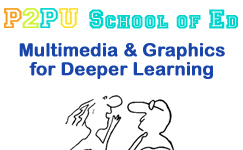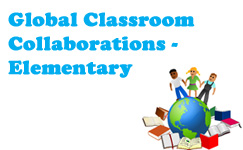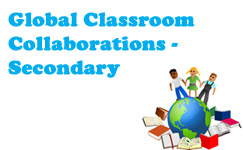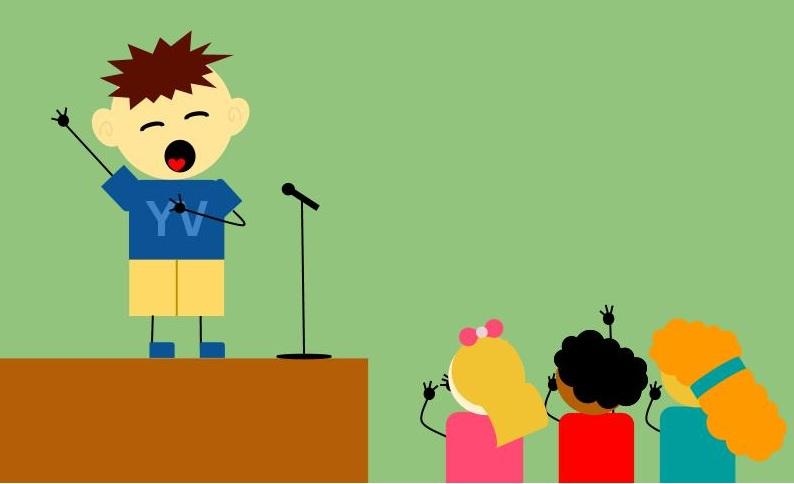
SXSWedu is featuring a bunch of great OER sessions this year! Here’s a quick list of ones to check out.
Tuesday, March 6
10:15am – 11:15am – Hilton Rm 400/402 – Create Something from the StoryBox – Alan Levine
10:15am – 11:15am – Hilton Rm 406 – Moving Beyond Textbooks: OER in Support of K-12 Ed – Jason Neiffer
11:30am – 12:30pm – Hilton Rm 406 – $5 Open Textbooks in High School Science Classes – David Wiley
2:00pm – 3:00pm – Hilton Rm 406 – Educating Everyone: What Next for Open Education? – Larry Cooperman
2:00pm – 3:00pm – Hilton Salon D – Implementing Open Educational Resources in K12 – Jeff Mao, Pam Buffington
2:00pm – 3:00pm – Hilton Salon C – The Power of Open: Creative Commons Licensing and its Impact – Cathy Casserly
3:15pm – 4:15pm – Hilton Rm 406 – OER: Share, Remix, Learn – Karen Fasimpaur
Wednesday, March 7
9:00am – 10:00am – Hilton Rm 406 – Making OER that is Easy to Find, Adapt & Translate – Katherine Fletcher
10:15am – 11:15am – Hilton Rm 406 – Let’s Build a Collaborative Learning Space – Karen Fasimpaur * Hands on – Bring your own device
11:30am – 12:30pm – Hilton Rm 400/402 – How Digital Content Fosters Customized Learning – Neeru Khosla
11:30am – 12:30pm – Hilton Rm 406 – The Future is Now: Mobile Open Education Resources – Sandy Khaund
2:00-3:00 – Hilton Rm 406 – Integrating OER into a Strong Instructional Model – Lindsay Bellino, Marc Nelson
3:15pm – 4:15pm – Hilton Rm 406 – Developing a Culture of Sharing – Philipp Schmidt, Karen Fasimpaur, Alan Levine, Jim Groom
Thursday, March 8
9:00am – 10:00am – Hilton Rm 406 – Is Open Content the Future of K-12 Education? David Wiley, Larry Rosenstock, Louise Waters, Neeru Khosla
10:15am – 11:15am – Hilton Rm 406 – Employing OER Evaluation Tools – Jennifer Childress, Lisa McLaughlin








